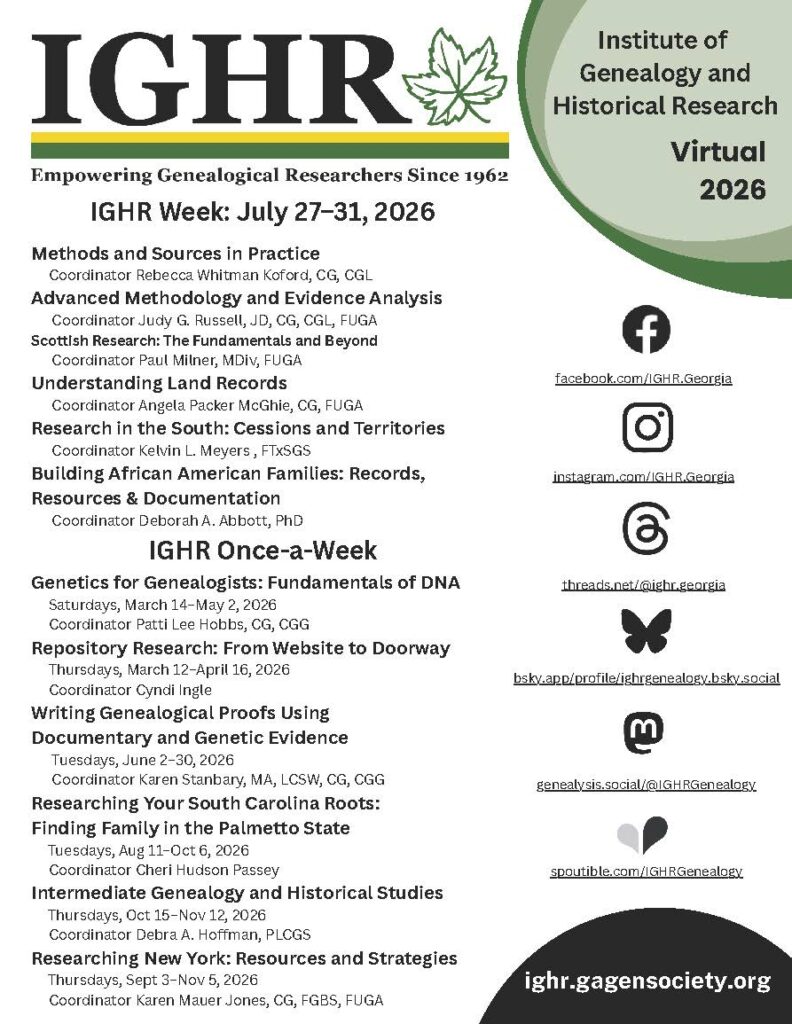NEH humanities grant awards to preserve history
Today’s press release from the National Endowment for the Humanities shows a wide array of grants for preservation, education, research, and fellowships, with resulting growth in the humanities from the U.S. and beyond.
“WASHINGTON, D.C. (January 15, 2026) —The National Endowment for the Humanities (NEH) today announced $75.1 million for 84 humanities projects across the country.”
Several that caught my attention:
ILLINOIS, Champaign. University of Illinois Outright: $271,411
[Project Title: Intensive NAGPRA Summer Training & Education Program (INSTEP)]
Project Description: Four one-week seminars to train cultural heritage professionals
on the legal framework for the Native American Graves Protection and Repatriation
Act and best practices around its implementation. The project would also develop an
open-access textbook on the topic with video modules on Tribal consultation.
MINNESOTA, Minneapolis
Midwest Art Conservation Center, Inc. Outright: $297,003, Match: $50,000 [Preservation and Access Education and Training]
Project Description: Preservation field services for smaller organizations in the Upper
Midwest. These services would include educational workshops and webinars,
preservation planning, preservation actions, and resource development and sharing.
NEBRASKA, Lincoln
Katrina Jagodinsky Outright: $60,000 [Fellowships], University of Nebraska, Lincoln
Project Title: Petitioning for Freedom: Habeas Corpus in the American West, 1812–
1924. Project Description: Research and writing leading to a book on the widespread use
of the legal principle of habeas corpus by petitioners in American western courts
between 1812 and 1924.
TEXAS, San Marcos
Joaquin Rivaya-Martinez Outright: $60,000 [Fellowships], Texas State University – San Marcos Project Title: Comanche Captivity and the Making of the U.S.-Mexico Borderlands, 1700–1875.
